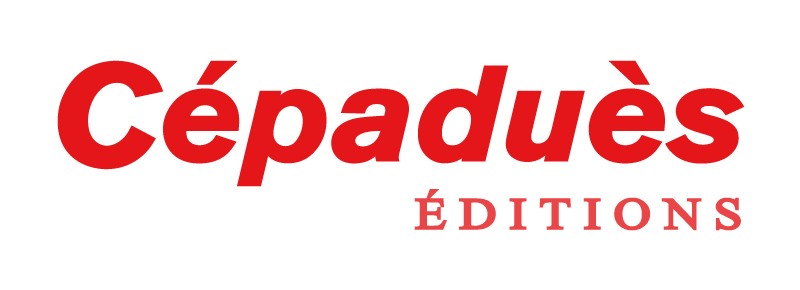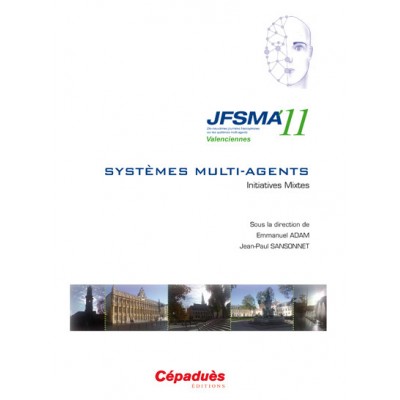Contrôle social de la privacité selon l'intégrité contextuelle dans les sys tèmes décentralisés
Les approches habituelles pour la protection de
la privacité s'attachent à définir un niveau de
sensibilité pour chaque information. Cette information
est soit publique, soit privée et sa circulation
est restreinte à un groupe d'agents prédéfini.
La théorie de l'intégrité contextuelle propose
de redéfinir la privacité. Selon cette théorie,
toute transmission peut déclencher une violation
de privacité suivant le contexte dans lequel
elle a lieu. Nous utilisons cette théorie afin
de proposer un modèle de protection de la privacité
pour les systèmes multi-agents décentralisés.
Cet article décrit le modèle PrivaCIAS qui
définit la notion de violation en accord avec la
théorie de l'intégrité contextuelle et implémente
un contrôle social. Le modèle donne le contrôle
aux agents pour détecter les violations, puis punir
les contrevenants en les excluant du système.
Contextual Integrity has been proposed to define
privacy in an unusual way. Most approaches
take into account a sensitivity level or a “privacy
circle” : the information is said to be either
private or public and to be constrained
to a given group of agents, e.g. “my friends”,
when private. In the opposite, Contextual Integrity
states that any information can make a
transmission a privacy violation depending on
its context. We use this theory to develop a novel
framework that one can use in an open and
decentralized virtual community to socially enforce
privacy. This paper describes the Priva-
CIAS framework, in which privacy constraints
are formally described to be used to detect violations
according to Contextual Integrity. This
PrivaCIAS framework provides social control to
agents that handle the information, so that deceiving
agents are excluded from the system.

